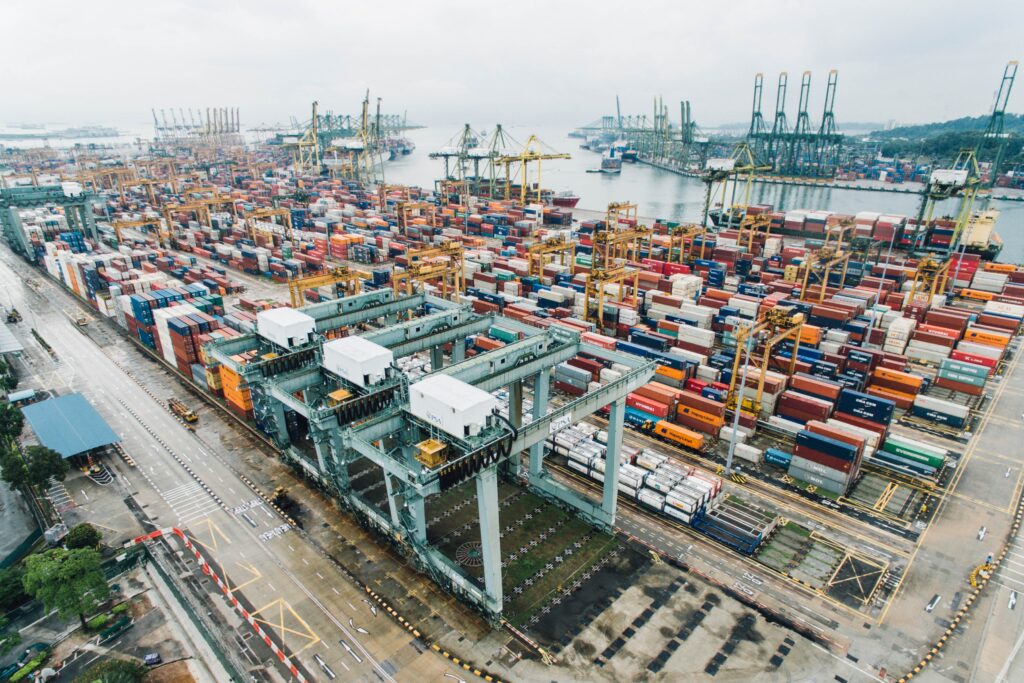For the first time in the history of seafood production, ten of the largest seafood companies in the world have committed to a set of time-bound and measurable goals that will ensure the industry becomes more sustainable.
The goals are the result of four years of dialogues through the scienceindustry initiative Seafood Business for Ocean stewardship (SeaBOS). “SeaBOS is rising to the challenge,” says newly elected Chair of SeaBOS, Therese Log Bergjord.
“It’s time to face the facts – the situation is critical and we have to act. We can all do better. I hope more will follow our example to build momentum on the ocean stewardship agenda.”
The work of SeaBOS reflects and supports the recently launched ocean action agenda set by the High Level Panel for a Sustainable Ocean Economy which commits to sustainable management of 100% of their national waters.
SeaBOS is a unique collaboration between scientists and seafood companies across the wild capture, aquaculture and feed production sectors. The collaboration has been coordinated by the Stockholm Resilience Centre at Stockholm University. Together SeaBOS represents over 10% of the global seafood production, and comprise over 600 subsidiary companies globally.
SeaBOS members include Maruha Nichiro Corporation, Nissui, Thai Union, Mowi, Dongwon Industries, Cermaq, Cargill Aqua Nutrition, Nutreco/Skretting, CP Foods, and Kyokuyo. Key scientific partners are the Beijer Institute for Ecological Economics at the Royal Swedish Academy of Science, University of Lancaster and Stanford Centre for Ocean Solutions. The scientific work is funded by the Walton Family Foundation, the David and Lucile Packard Foundation and the Gordon and Betty Moore Foundation.
During the October 2020 dialogue the companies agreed a number of goals to achieve their original commitments from 2016.
By the end of 2021, the SeaBOS members will:
• Eliminate IUU fishing and forced, bonded and child labour in our operations– and implement measures to address those issues in their supply chains – with public reporting on progress in 2022 and 2025
• Extend the collaboration with the Global Ghost Gear Initiative to solve the problem of lost and abandoned fishing gear; and combine to clean up plastics pollution from our coasts and waterways
• Agree on a strategy for reducing impacts on endangered species and the use of antibiotics
• Set CO2 emissions reduction goals and reporting approaches from each company
These goals will guide SeaBOS activities over the coming years, and are accompanied by toolkits for action. The SeaBOS members acknowledge that climate change is having a significant impact on seafood production an that they can all do their share – through their own emission reductions targets and advocacy for implementation of the Paris Agreement. The members highlight the need for government regulations to support sustainable fisheries and aquaculture management, to effectively mitigate climate change risks and impacts, and provide for ‘climate smart’ seafood production.
The work of SeaBOS is advanced through six different task forces, each led by companies in collaboration with, and supported by scientists, to identify, test and scale solutions related to challenges faced in the seafood industry. (1) Addressing illegal, unreported and unregulated fishing and forced labour, (2) Communications, (3) Working with governments to improve regulations, (4) Transparency and governance of SeaBOS, (5) Reducing plastic in seafood supply chains and (6) Climate Resilience.
“The leaders of the seafood industry have taken action to support the health of fish stocks and the ocean ecosystems we all depend on. With governments now sharing this vision, we hope that transformational change is imminent,” says Professor Henrik Österblom, Science Director for the Stockholm Resilience Centre, and one of the instigators for the development of SeaBOS.
“The CEO commitments, courage to define time-bound goals, and willingness to publicly announce a number of ambitious and science based voluntary actions, represent an unprecedented commitment to sustainability,” says Professor Jan Bebbington, Director of the Pentland Centre for Sustainability in Business at the University of Lancaster, and a key collaborator in the SeaBOS initiative.
CONTACT INFORMATION:
For more details about the SeaBOS goals and toolkit, contact
Martin Exel
Managing Director, SeaBOS
+61 413 595 532 (Hobart, Australia – GMT +11 hours)
martin.exel@seabos.org

